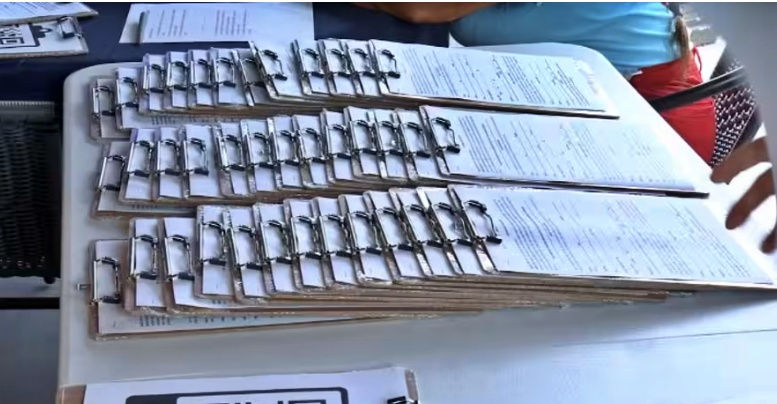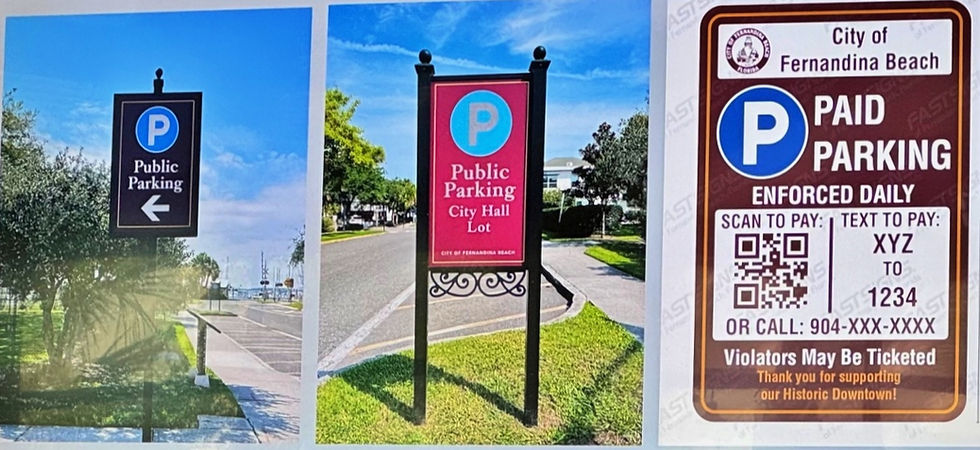Ballot Measure’s Wording Could Leave Downtown Paid Parking Intact
- Mike Lednovich
- Sep 8, 2025
- 2 min read

Commentary
In 2026, Fernandina Beach voters will face a ballot question that looks simple but is anything but. The No Paid Parking group-initiated petition to block paid parking downtown is headed for the ballot, yet the wording raises as many questions as it resolves.
The proposed ordinance reads: “The City of Fernandina Beach shall not implement paid parking in any designated area without majority approval (50% plus one) vote from a public referendum of registered city voters.”
At the center of the debate is the phrase “shall not implement.”
A “yes” vote in 2026 would not automatically dismantle the paid parking program the City Commission has already approved and is moving forward with. It would instead change the rules going forward, requiring that any new paid parking — downtown, at the beach, or elsewhere — must win majority support from voters before taking effect. City Manager Sarah Campbell confirmed last week that the city is currently negotiating a contract with One Parking to operate the program.
Section 141 of the City Charter empowers citizens to propose ordinances by petition. Once certified, the Commission must either adopt the proposal outright or send it to the voters. With four commissioners already backing paid parking, the decision is expected to land on the ballot in either August or November 2026.
If approved, the ordinance carries the “same force and effect” as any commission-passed law. But the Charter is silent on whether citizen ordinances can retroactively overturn policies already in place. That silence leaves open the question of whether courts — not voters — will ultimately decide the ordinance’s reach.
The ordinance also sets up a two-step process. Voters must first approve the ordinance itself in 2026. If it passes, any future paid parking proposal would then require another referendum. That means two votes to stop parking plans, not one. Each new proposal could trigger another campaign, leaving the issue unsettled for years.
Because of the ambiguity, attorneys will inevitably be central players. City Attorney Teresa Prince will have to determine whether the ordinance, if passed, compels the city to undo a system already up and running. Attorneys for the No Paid Parking group may argue it does. In the end, judges may be the ones to clarify what voters actually intended.
The petition drive reflects real frustration with City Hall’s approach to downtown parking. But instead of giving residents a defined thumbs up or down choice, the petition ordinance delivers a complicated puzzle — one where legal interpretations and future referendums may matter as much as the 2026 vote itself.




Comments